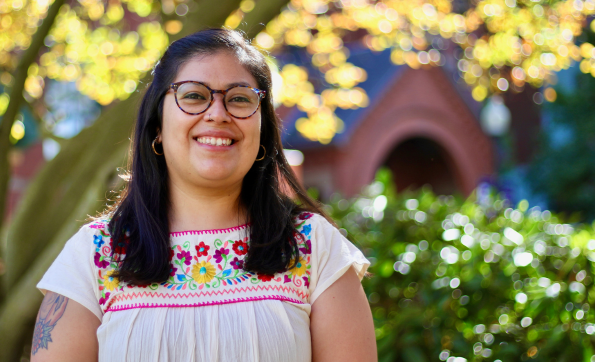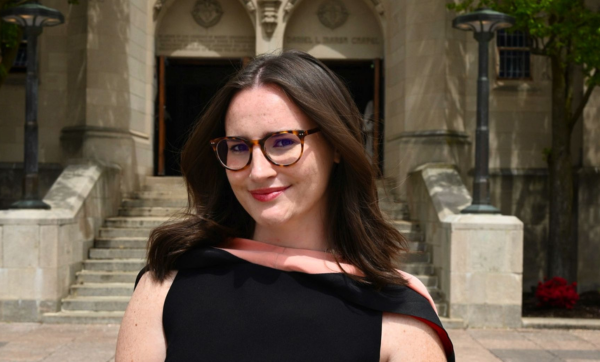It affects us all.
The air we breathe. The water we drink. The food we eat. All the things we come in contact with every day. Nothing is more intrinsic to health than our environment, with environmental exposures among the leading contributors to health problems. And while people are affected regardless of income and geography, environmental health risks especially threaten the most vulnerable among us.
For decades, the Department of Environmental Health has conducted policy-relevant research, often working closely with affected communities, to help address environmental challenges. Academically, our students prepare to meet the challenges of environmental health through a solid grounding in epidemiology, exposure science, toxicology, risk assessment and related fields, as well as training in legal and economic topics relevant to environmental and public health. We train the next generation of environmental health professionals, including through engagement in the MPH and MS programs, the PhD in Environmental Health and the cross-campus URBAN PhD program, and professional development opportunities such as the Local Public Health Institute of Massachusetts and the New England Public Health Training Center.
Our work addresses the health effects of exposures to complex mixtures of chemicals, including chemicals contained in consumer products as well as contaminants of water, food, and soil such as lead or mercury. We evaluate the health effects of air pollution and a changing climate, including through the the school-wide Center for Climate and Health at BUSPH, which is led by environmental health faculty. We are also interested in the adverse effects of non-chemical hazards such as noise, heat, and social stressors, and how different kinds of chemical and non-chemical exposures accumulate or interact to harm health. Vulnerable populations such as children and people living in poverty in the US and internationally are of special interest to us.
Recent Department News
Latest Department Research
- Published On 9/17/2025Reflections on the NIEHS Virtual Consortium funding mechanism (ViCTER) and what it has taught us about the future of transdisciplinary science.Toxicologyread at PubMed
- Published On 9/13/2025Priority climate and health modelling needs.The Lancet. Planetary healthread at PubMed
- Published On 9/11/2025Quantifying Aviation-Related Contributions to Ambient Ultrafine Particle Number Concentrations Using Interpretable Machine Learning.Environmental science & technologyread at PubMed
- Published On 9/1/2025Rethinking heat in thousands of school classrooms through continuous monitoring and novel exposure metricsIndoor Environmentsread at Custom
- Published On 9/1/2025Associations between PM2.5 from prescribed burning and emergency department visits in 11 Southeastern US states.Environment internationalread at PubMed













